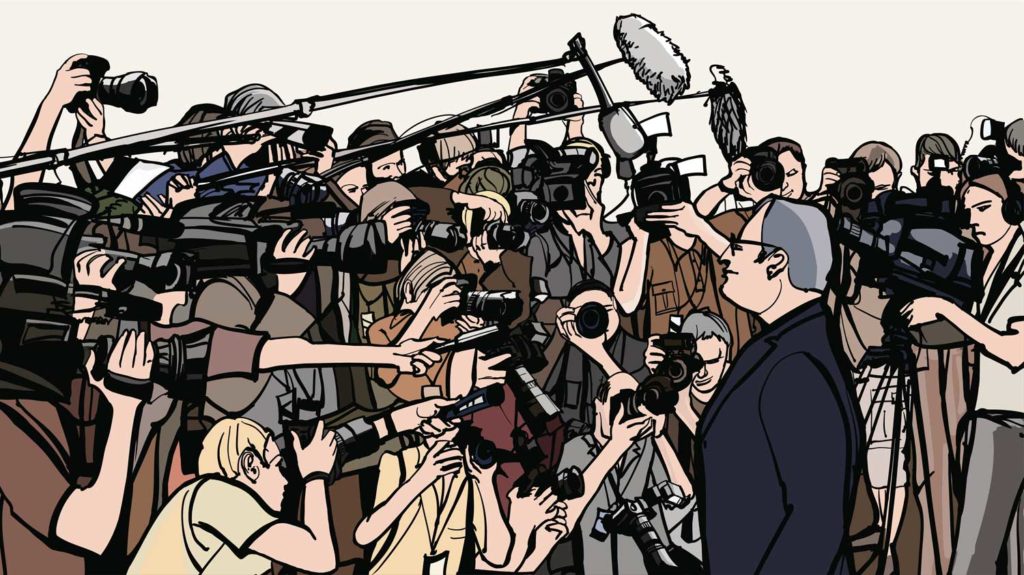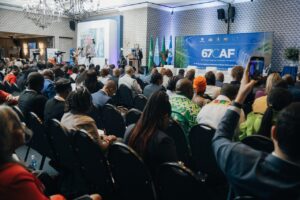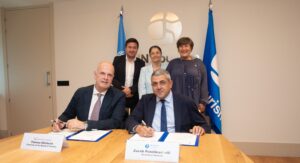The media undoubtedly provides powerful communication channels and avenues for disseminating news, information, entertainment, education or promotional messages to the public.
With the advancement of technology today, media has become even more crucial and virtually inevitable in everyday life as individuals as well as organizations seek to reach the masses with their messages.
As the fourth estate, it’s role is so crucial that a shirking of its responsibilities in any form would have detrimental impact on society.
Malcolm X once said ‘’The media is the most powerful entity on earth. They have the power to make the innocent guilty and to make the guilty innocent, and that is power, because they control the mind of the masses’’.
Traditional media has for a longer time been the defining channel for one to transmit one’s message. The scenario has changed drastically in the last decade and half. The upswing of general media in even more pluralistic society has ensured that the media has become a more useful tool in changing and correcting the ills of society and again help to promote our culture in this case Africa’s version.
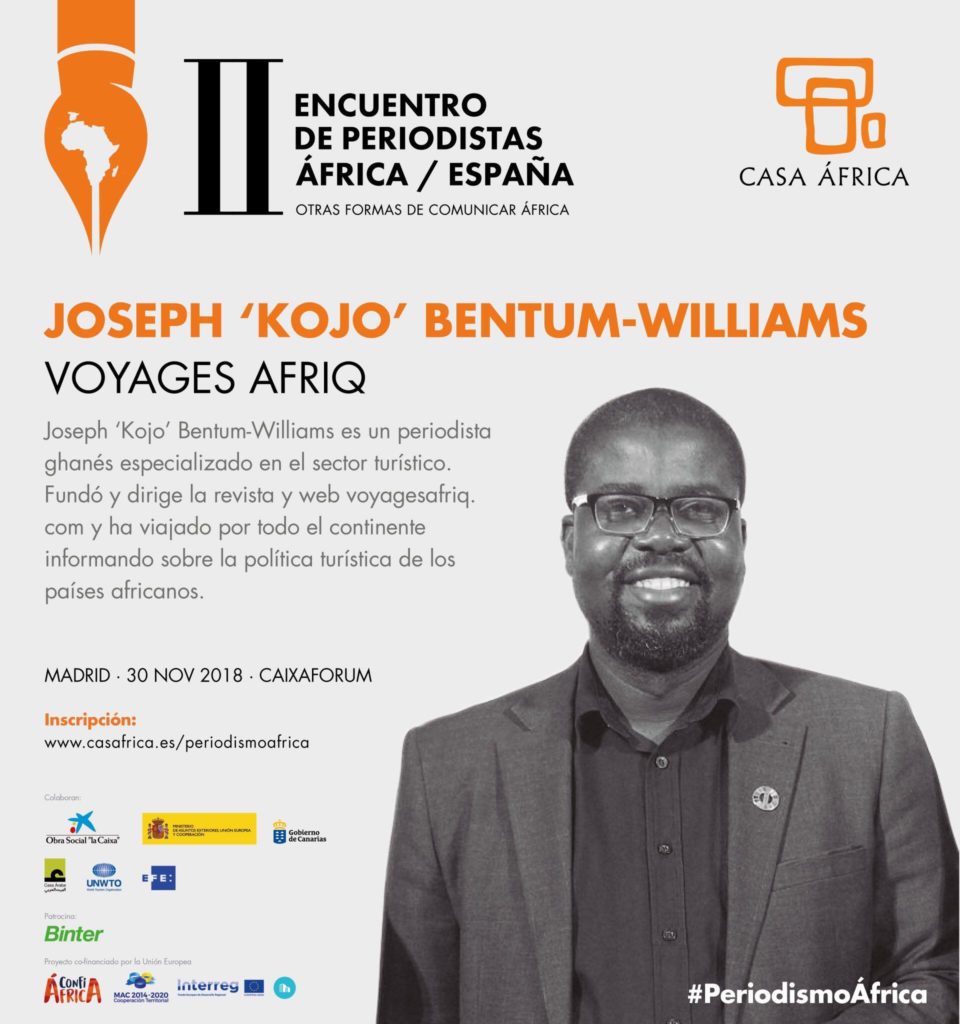
In the last decade and half, social media has changed the face of media by way of direct citizens and i-report. This has given more voice to citizens who use videos and images to tell the story. This has been boosted with more disruptive innovation technologies, which are also changing the way we do things.
Nonetheless, tourism with its power of boosting economies has barely received the needed attention in traditional media much less today’s new media. The need for an improvement towards harnessing the potential of tourism in economic development thus cannot be overemphasized. Image of the destination and generally tourism is largely led by the media through the various communication platforms employed by different Destination Marketing Companies and National Tourism Authorities.
Even with its crucial role in the delivering and shaping of the continent’s image, there has been minimal relationship between the managers of tourism enterprises and destination on the continent.
In realizing the Brand Africa project, there need to be partnership between the tourism managers and the media where access to information and capacity building through training of the media can help equip them with fact checked information to help project the continent’s best sights and sounds.
There is no doubt that social media has made a huge impact on the tourism industry. Consumers engage with social networking sites to research trips, make informed decisions about their travels and share their personal experiences of a particular hotel, restaurant or airline.

TripAdvisor in particular has had a wide-reaching effect on the industry. It has 50 million unique monthly visitors who are actively seeking out travel information and advice from the sources they trust the most:
The media’s role has even become key with the rise of social media networks and at the same time with its growing challenges. In spite of its increasing consumer base, it has led to the Fake news syndrome which is on the rise and the need to have a fine balance between the traditional and the evolution of the new technologies.
The traditional media’s importance also is under intense scrutiny with the rise in unverified, first to break news syndrome, and charlatans masquerading as media outfits out to swindle and blackmail their unsuspecting victims.
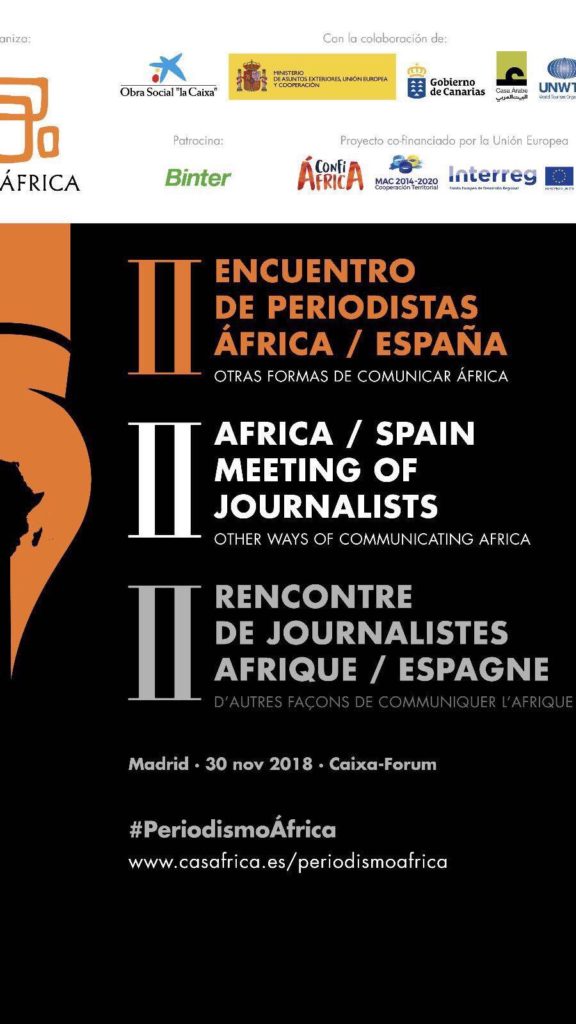
The media’s role as the fourth estate of the realm ought to be performed with the highest decorum to impact society and the continent positively.
Bad news in media is considered the cash cow and the audience break with its massive breaking numbers and so on and so forth but at the same time as Africans if we are to change or own our narrative, then we need to highlight the positive and successful stories emanating from the continent rather than putting the spotlight on the challenges.
As Africans, we are first to point accusing fingers at the western media for their apparent bias coverage of developments on the continent but ironically, (many of not most) of such negative reportage are first put out by the local African media, their correspondents and others also denigrating their own countries.
For a sustainable growth of the continent’s tourism, there is the need to change the narrative by balancing out the negative aspects of African realities with the beauty and good that is found in Africa. This is the kind of publicity Africa requires to promote tourism.
African media entities and journalists need to consider inculcating the principles of brand Africa in their editorial policies to ensure their reportage delivers the truth by telling the sterling stories of the continent which then will force the western media to follow suit by propagating the great, and amazing tourism offerings in Africa.
Every country, society and continent has its own peculiar challenges and we see it day in day out but the western media choose what to show on Africa which in turn control perceptions of destinations on would-be-tourists to Africa.
In moving forward to even make the media a strategic partner in delivering the brand Africa project championed by the UNWTO and CASA Africa there ought to be collaboration and capacity building for members of the media to understand the issues and the language of tourism which gives them better appreciation of the travel and tourism sector in Africa.
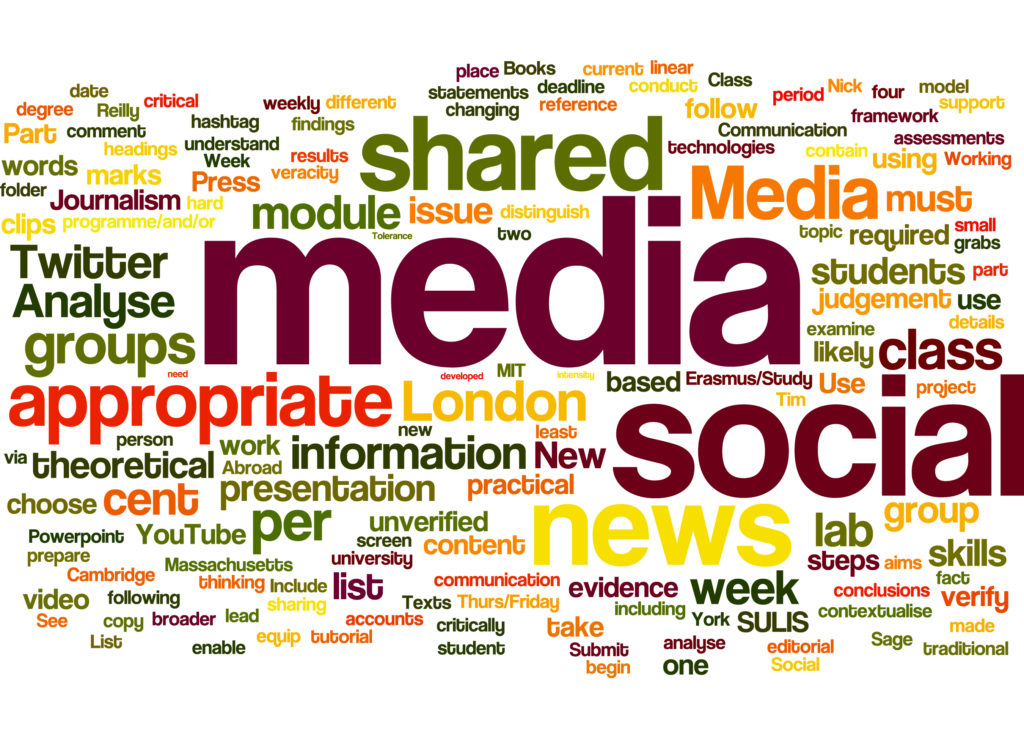
We at VoyagesAfriq Media Limited have made it a core policy to tell the positive African stories using our numerous media platforms. Africa has its own peculiar challenges just as any other continent and is not all doom and gloom as we have been made to consume and believe. Our quarterly Travel and Tourism Magazine thus reports the best happenings across the continent and even beyond.
Africa is on the rise and its strategic importance to industrialized countries and relevance to world development ought to be celebrated and recognized.
Available of vital information of the tourism authorities would also ensure that discussion of tourism is kept on high level of the media ladder and consumers given the right message.
As we gear up towards the casa AFRICA workshop on the importance of media towards the development of tourism in Africa, let’s take into consideration how we can refine our role and fight the negative impacting media from the Travel Tourism space.
Author : Kojo Bentum-Williams, Managing Editor and Publisher of VoyagesAfriq Media will be speaking at the second Casa-Africa Africa/Spanish Journalists Forum in Madrid, Spain


